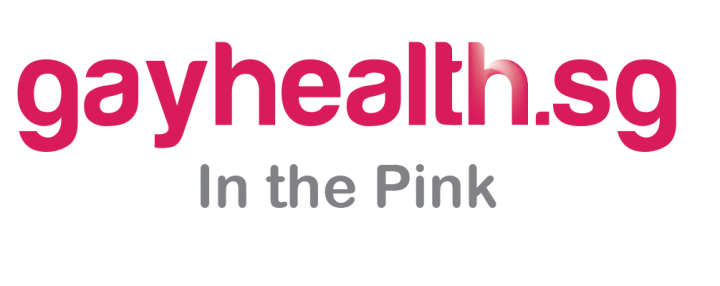Consolidated guidelines (UNAIDS 2014)
People at higher risk of HIV infection are not getting the health services they need, according to a new report by the World Health Organization entitled Consolidated guidelines on HIV prevention, diagnosis, treatment and care for key populations.
Released on 11 July, the publication warns that failure to provide adequate
Related Info
HIV services for key groups, such as men who have sex with men, people in prison, people who inject drugs, sex workers and transgender people, threatens the global progress of the HIV response.
The consolidated guidelines outline the steps for countries to take to reduce new HIV infections and increase access to HIV testing, treatment and care services by populations at higher risk. The report aims to provide a comprehensive package of evidence-informed HIV-related recommendations for all populations, increase awareness of the needs of and issues important to key populations, improve access, coverage and uptake of effective and acceptable services, and catalyse greater national and global commitment to adequate funding and services.
“Failure to provide services to the people who are at greatest risk of HIV jeopardizes further progress against the global epidemic and threatens the health and well-being of individuals, their families and the broader community.”
Gottfried Hirnschall, Director of the HIV Department at the World Health Organization
First published – July 11 2014












Leave a Reply
Want to join the discussion?Feel free to contribute!